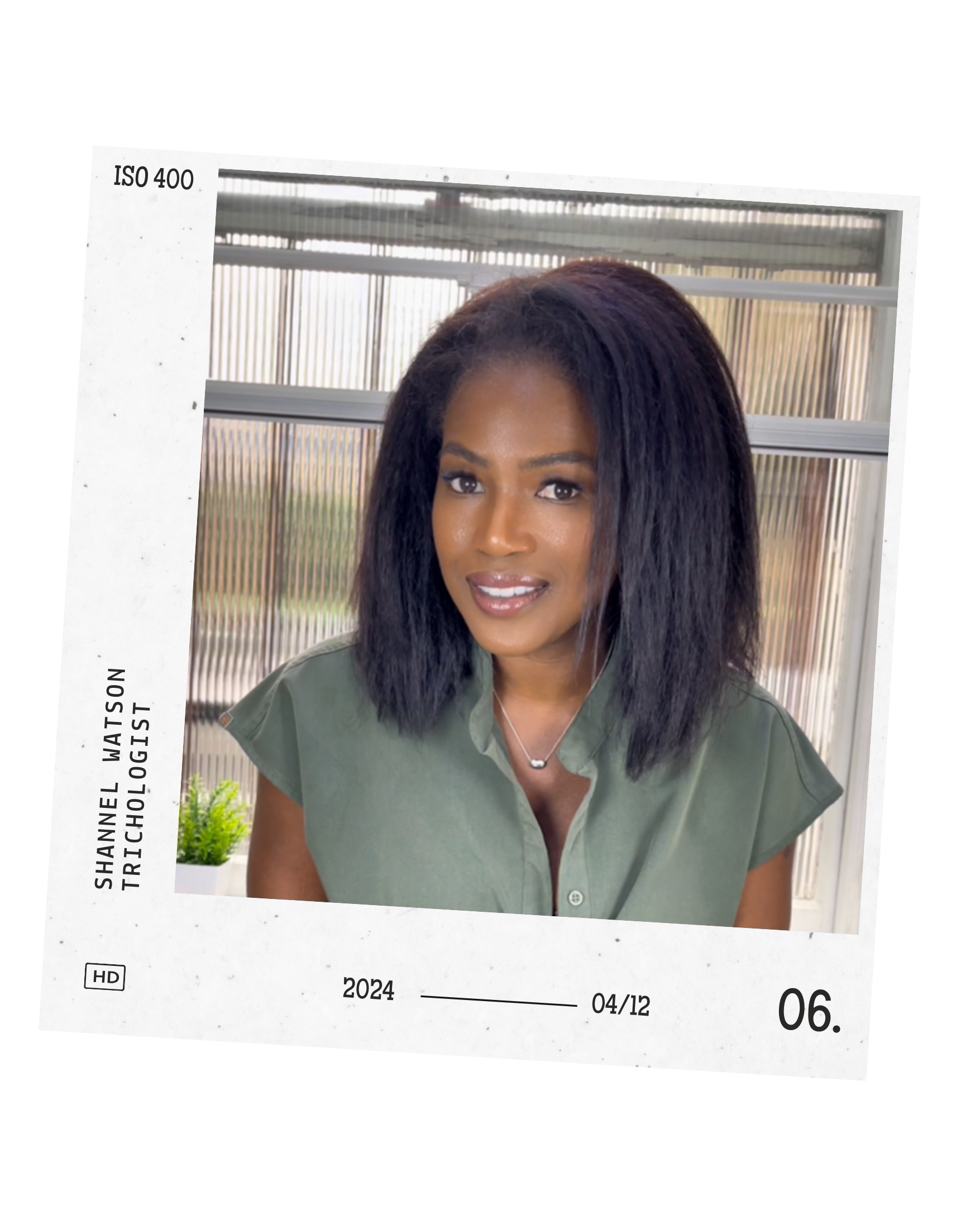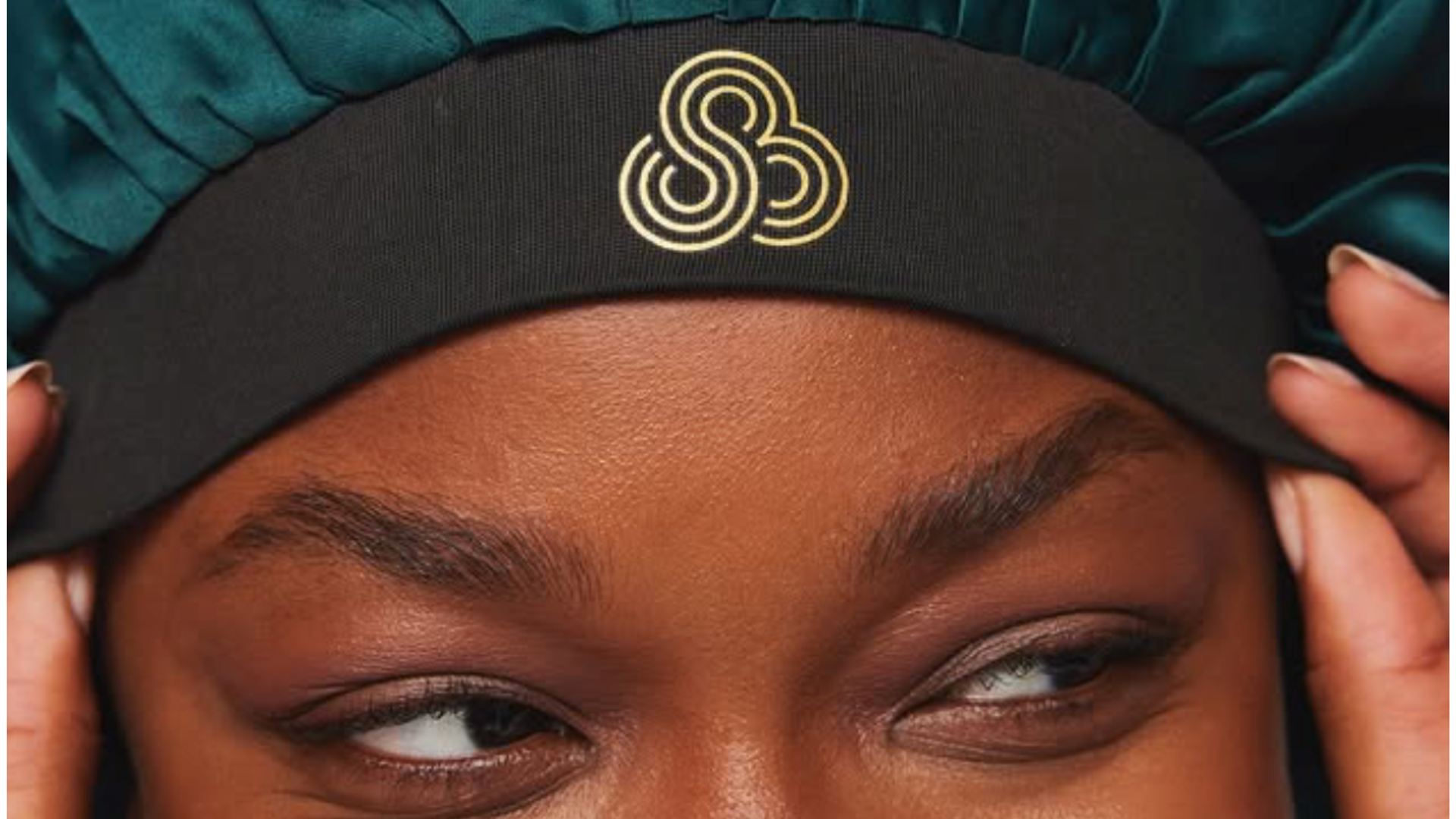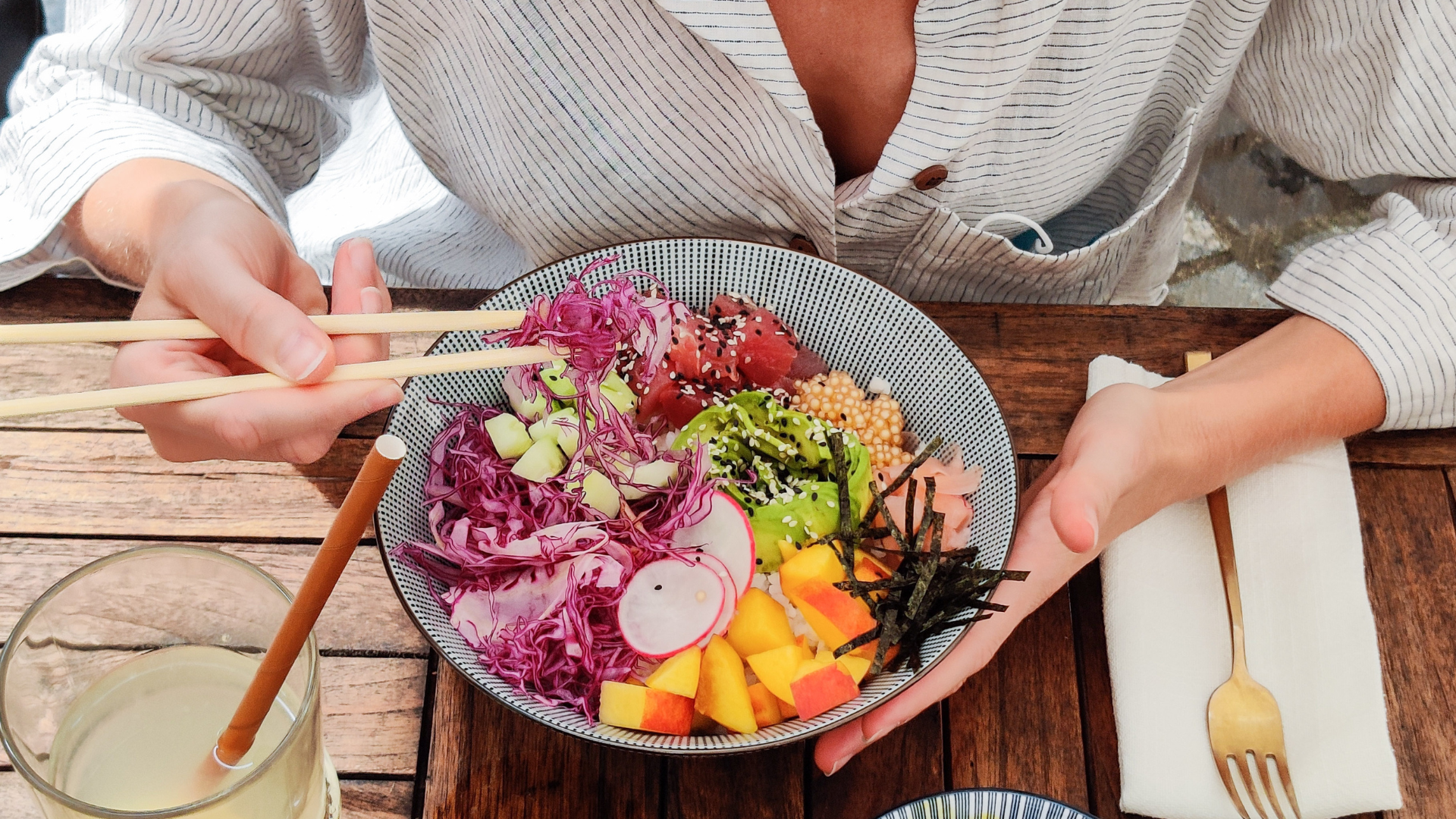The Scalp Diet: Why Prebiotics Are the Future of Hair Health
While the wellness world continues to buzz about probiotics, a quieter revolution is brewing in the beauty aisle: prebiotics.
These smart, plant-based ingredients don’t populate your skin with bacteria—they feed the ones already living there. And on your scalp, where the microbiome directly influences inflammation, oil production, and hair growth, that matters more than ever.

We already know that skin thrives when its microbiome is healthy. But the scalp—often ignored—is just as biologically active, if not more so. It’s home to hundreds of species of bacteria and fungi, many of which play a direct role in inflammation and hair cycling.
So, Who Would benefit from Scalp Prebiotics?
Anyone with:
- A reactive, flaky, or inflamed scalp
- Long-term product or chemical buildup
- Hair loss exacerbated by inflammation or barrier breakdown
- Resistance to topical treatments like minoxidil
- An interest in functional beauty that works with your biology
Prebiotics may not give you instant gratification, but what they build is far more meaningful: a stronger, calmer scalp that can hold onto hair. Unlike actives that suppress symptoms, prebiotics work quietly in the background—feeding the beneficial microbes that regulate inflammation, reinforce the barrier, and create the kind of stable environment follicles can actually thrive in.
Over time, this means less flaking, less reactivity, and a scalp that supports growth rather than resists it.

Ingredients to Watch Out For
- Inulin – The star prebiotic in many scalp treatments; hydrates and feeds Lactobacillus species
- Alpha-Glucan Oligosaccharide – Encourages microbial diversity and barrier recovery
- Fructooligosaccharides (FOS) – A sugar-based prebiotic that helps block the overgrowth of bad bacteria
- Synbiotic blends – Pairing pre- and postbiotics for dual-layer microbiome support
Ingredients to Avoid
- High alcohol content – Dries out the scalp and increases transepidermal water loss.
- Synthetic fragrance and parfum – Common irritants- often contain hundreds of undisclosed chemicals.
- Sensitising oils (in high concentrations) – While essential oils are antimicrobial, they can worsen sensitivity.
One of the most exciting players? Inulin—a naturally occurring fibre most often extracted from chicory root. It’s already made its mark in gut health, and now it’s emerging as the next big thing in scalpcare.



